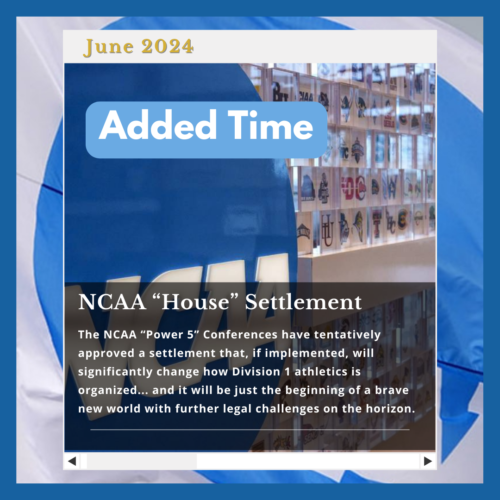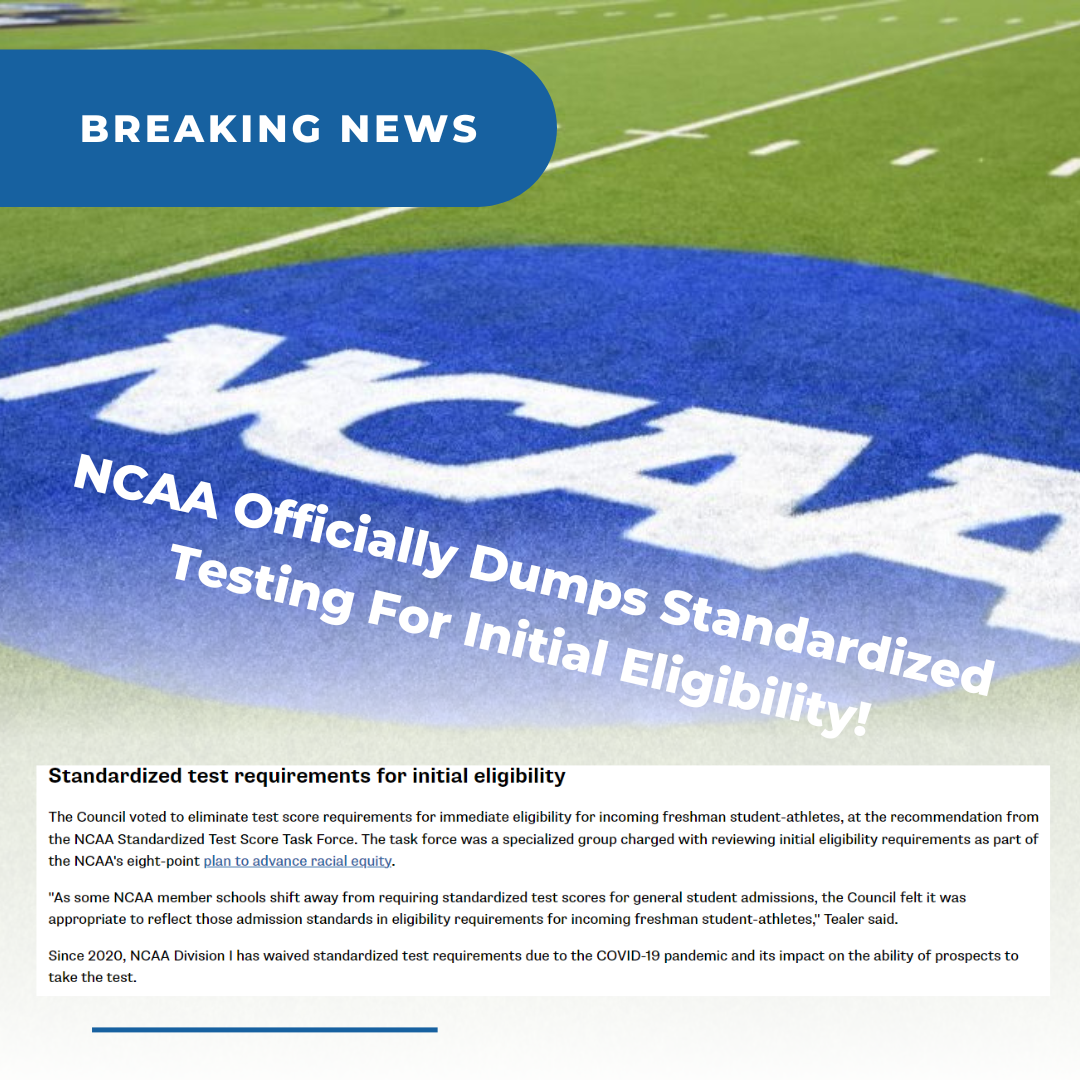Athletic Scholarships 101
College Athletics Advisor Helps You Navigate the Entire Financial Aid Process
The “Full Ride”
A “full-ride” means the school pays for your entire education: tuition/room/board/books/fees etc. up to the full “cost of attendance” – this is the scholarship that goes to NCAA Division I "headcount" sports: football (FBS only)/ basketball/ women's volleyball, tennis, and gymnastics recruits.
Full-ride scholarships can include cash payments that cover "additional educationally related expenses." This can include travel to and from campus for the semester/quarter, computers/tablets/software, expenses related to study-abroad, etc.
Equivalency Sports
In most sports, at most levels, an “athletic scholarship” is a partial payment, or discount towards tuition, room and board, or books. In the end, these partial or in NCAA parlance, “equivalency” scholarships are just one part of most family’s college cost/financial aid puzzle.
A four year degree is going to have a sticker price somewhere between $100,000 and $350,000 depending on the school. College Athletic Advisor can help you navigate through these huge (and often hugely deceiving) numbers and make your best college “fit” work for you financially as well!
Remember, an equivalency athletic scholarship is a discount offered to entice you into paying tuition! Keep your eye on the cost TO YOU.
Non-Scholarship Divisions & Conferences
In the Ivy League, NCAA Division III, and the Pioneer Football League (in the NCAA D1 FCS Division), athletes are not eligible to receive "athletically related financial aid." This DOES NOT MEAN THESE STUDENTS ARE NECESSARILY PAYING STICKER PRICE TUITION.
It does mean that colleges in these affiliations are discounting tuition ONLY in other ways. It is important to "speak the language" at these schools to best navigate your way to determining financial fit! Coaches at these schools are excellent resources when approached correctly.
One Year Renewable
Most athletic scholarships are technically “one year renewable” – different institutions and different programs/coaches have different policies and practices on how dependable that “renewability” is. It is important to do a little homework on that front and not just take one person’s word at face value. Most academic awards automatically renew each year, but you want to make sure you understand any program requirements that can impact that renewal!
The Latest NCAA Regulatory Changes
The biggest changes in athletic scholarships, eligibility and compensation are:
- Initial Eligibility standards: The NCAA has now dropped standardized testing as a requirement for initial eligibility. Dive into the details here.
- Name/Image/Likeness Reform: Student-athletes are now allowed to monetize their intellectual property rights just like any other college student. This means being paid for social media exposure, hosting camps/clinics, public speaking, appearances, and many other avenues. At the top end, NCAA Division 1 schools are facilitating the emergence of NIL "collectives" so that their student-athletes get maximum benefit. Beyond D1, student-athletes at EVERY level are being creative and leveraging their college sports participation to build value. Most NIL deals are small, and it is important to make sure you get competent legal advice before signing any agreement!
- Caps on "educationally related expenses:" The NCAA now allows a broader interpretation of "educationally related expenses." This means that student-athletes can negotiate scholarships that include MORE than just tuition, room/board, books and fees. Schools CAN provide certain living, travel, and educational expenses - it is up to you to find out what the market offers for YOU!
- The Transfer Portal: The reality is the transfer RULES in most sports did not change. But the creation of a searchable database by the NCAA has been a game changer for coaches and recruiting in general. You can read all about it by clicking here.


